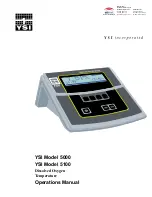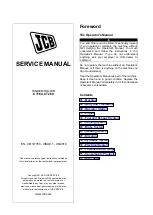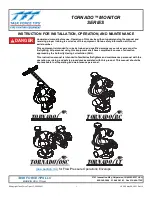
GE H
EALTHCARE
D
IRECTION
5461425-8EN, R
EVISION
B
RIVO
XR118 S
ERVICE
M
ANUAL
Chapter 5 - - Installation & Configuration
Page 79
9.6
Product Network Filters
9.6.1
Overview
What is PNF? PNF is an acronym for Product Network Filters. It is a user interface used to configure
a host-based software firewall; found on all GEHC Linux Diagnostic Imaging products since 2005.
Why does PNF exist? It is GEHC's response to customer's need for increased product security.
PNF secures the product network interface (including remote service) and significantly reduce the
risk of virus/worm attacks on the system.
How does it affect me? In most cases, system installation requires no-extra effort or actions by the
user. However, custom network environments may require configuration and require configuration
of PNF feature.
9.6.2
Options
PNF is configured using the SUIF (Service User Interface).
9.6.2.1
Tabs
1.) Named Services
•
Turn on common network services by name (i.e.: telnet, ftp…) instead of by port number.
•
Can allow communication from a specific IP address, a range of IP addresses, or a masked
subnet.
•
Possible to add multiple IP rules for a single service.
2.) Allowed Nodes
•
Allows all communication over any port from a specified IP.
•
Can have a specific IP address, a range of IP addresses, or a masked subnet.
3.) DICOM
•
Default opens port 4006.
•
Can add multiple DICOM ports.
•
Accepts communication from any IP.
4.) Expert
•
Custom rules with full control of UDP and/or TCP port number(s), and IP addresses.
•
Most likely only used by IT savvy users.
5.) GE Service
•
Only viewable by GE service personnel.
•
Configure source of InSite connectivity.
•
Default values only allow communication from the GE back office.
•
Could require configuration for custom environments (Refer to the remote service connectivity
team.)
•
Additional “allowed” nodes not viewable by the user.
















































